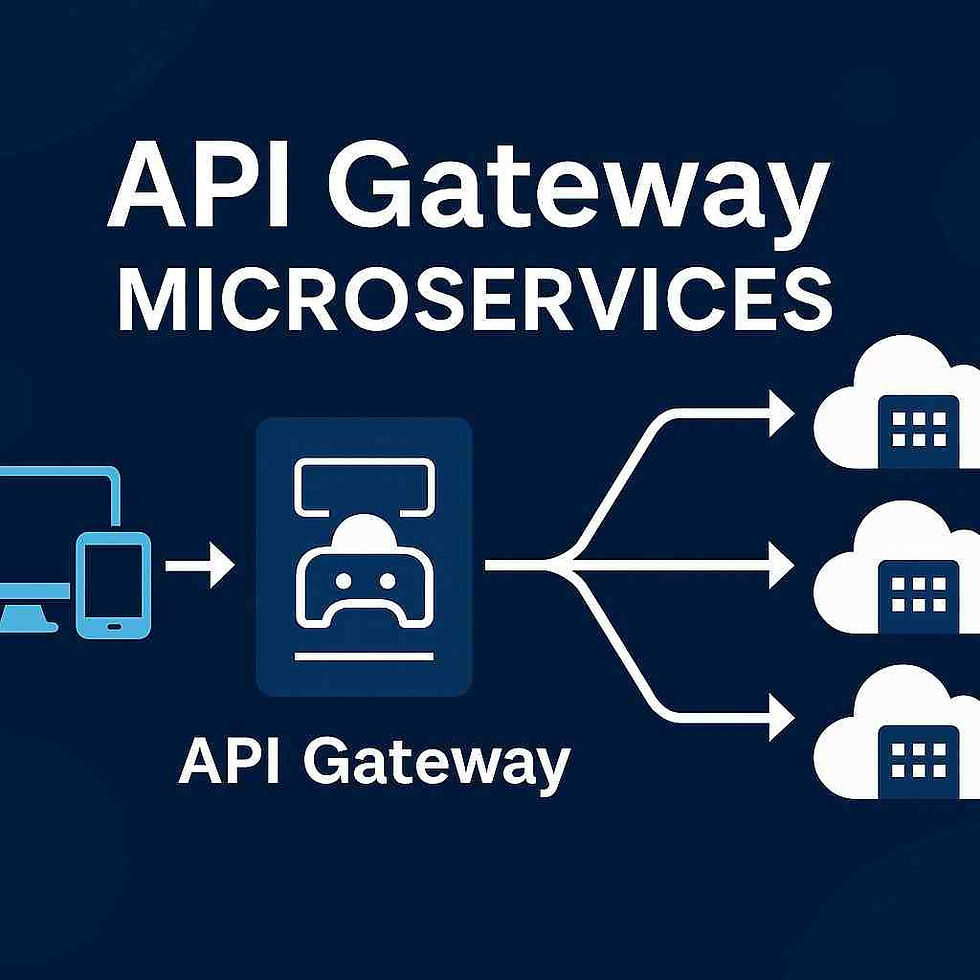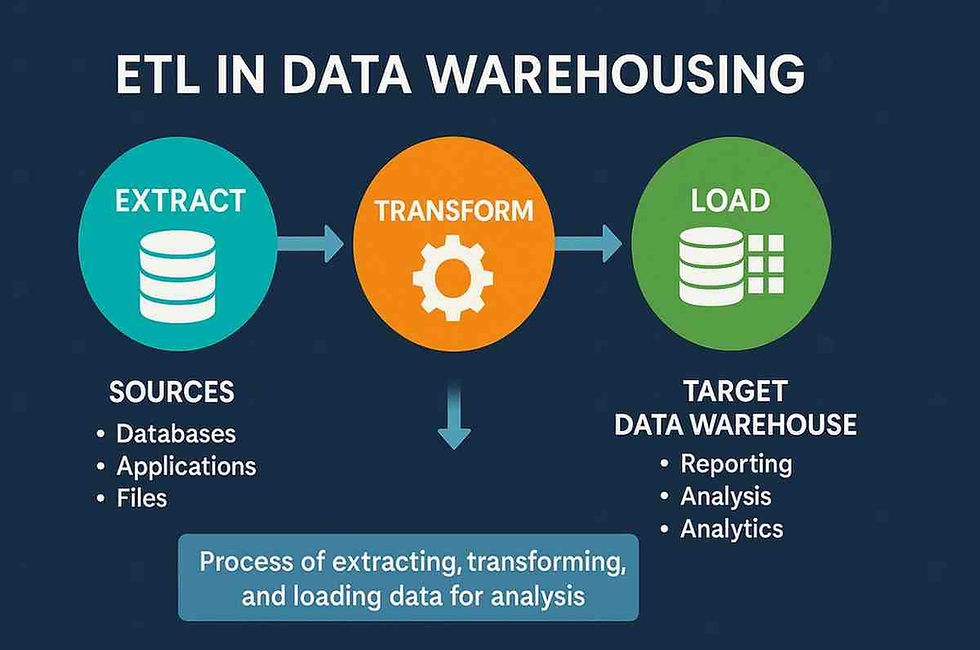A Comprehensive Guide to Mobile App Regression Testing
- Gunashree RS
- Dec 3, 2024
- 4 min read
Introduction
Mobile app regression testing is an essential process for maintaining the stability, reliability, and functionality of apps in a rapidly evolving digital landscape. With countless updates and feature enhancements introduced regularly, ensuring that no new bug disrupts the user experience is paramount for enterprises striving for excellence.
In this guide, we'll explore every facet of mobile app regression testing, from its definition to its benefits, challenges, and solutions, with a special focus on how innovative platforms like Devzery are revolutionizing this space.
What is Mobile App Regression Testing?
Mobile app regression testing is the process of re-executing test cases to ensure that recent updates or changes in an app’s codebase have not disrupted its existing functionalities. This is crucial in a mobile-first world where user expectations for flawless app performance are sky-high.
The Role of Regression Testing in Modern Apps
Ensuring Stability Post-Update:Regression testing validates that newly introduced features or bug fixes do not create unforeseen issues in other parts of the app.
Reducing Bugs:Identifying bugs early prevents them from escalating into costly and user-impacting problems later in the app lifecycle.
Maintaining User Trust:Apps that consistently function well after updates build greater trust and loyalty among users.

Why Regression Testing is Critical for Modern Apps
With the advent of fast-paced agile development and frequent app updates, regression testing has become a critical part of the app development lifecycle. Consider industries like e-commerce and fintech, where every minor disruption in-app functionality can directly lead to revenue loss or security concerns.
Challenges in App Development:
Rapid Iterations: Mobile app development cycles are shorter than ever, leaving little room for extensive manual testing.
Complex Ecosystems: The variety of operating systems, devices, and integrations adds layers of complexity to ensuring app stability.
Regression testing offers a systematic approach to navigating these challenges effectively.
Types of Mobile App Regression Testing
Understanding the different approaches to regression testing helps enterprises select the most suitable method based on their needs.
1. Full Regression Testing
Involves re-testing the entire application to ensure that changes in any module don’t affect the overall functionality. Best for major updates or overhauls.
2. Partial Regression Testing
Targets only the parts of the application affected by code changes, saving time and resources.
3. Automated vs. Manual Regression Testing
Automated Regression Testing:
Involves using tools or scripts to run predefined test cases.
Highly scalable and efficient, especially for repetitive tasks.
Manual Regression Testing:
Performed by QA teams to validate specific functionalities.
Useful for scenarios requiring human judgment, such as UI/UX testing.
When to Use Each Type
E-commerce Apps:
Automated testing is ideal for ensuring smooth functionality during flash sales or major updates.
Fintech Platforms:
Partial regression testing works well to validate security updates without compromising time-to-market.
The Role of Automation in Mobile App Regression Testing
Why Automation is Key
Automation has transformed regression testing, making it faster and more reliable. Key benefits include:
Scalability: Automation allows testing on multiple devices and operating systems simultaneously.
Efficiency: Automated tools execute large test suites quickly, reducing the time spent on repetitive tasks.
Consistency: Eliminates human error, ensuring precise and repeatable results.
Devzery’s AI-Powered Regression Testing Solution
Devzery stands out as a pioneer in codeless regression testing solutions. Its platform offers:
Seamless Integration: Works effortlessly with CI/CD pipelines, ensuring smooth workflows.
AI-Driven Insights: Automatically identifies test cases most likely to be impacted by code changes.
Scalability: Supports a wide array of devices, platforms, and environments.
By leveraging Devzery, enterprises can ensure high-quality testing while reducing costs and turnaround time.
Benefits of Regression Testing for Enterprises
Regression testing is indispensable for enterprises striving to deliver top-notch mobile app experiences.
1. Improved Software Quality
Regression testing ensures that apps perform as expected, even after multiple updates, fostering a sense of reliability among users.
2. Cost Efficiency Through Automation
By automating repetitive test cases, enterprises can significantly reduce manual effort and operational costs.
3. Enhancing User Experience
Bug-free apps lead to happier customers, driving higher retention rates and positive reviews.
Challenges and Solutions in Mobile App Regression Testing
Despite its benefits, regression testing can present challenges.
Common Challenges
Technical Debt:Legacy code and outdated systems can complicate testing efforts.
Frequent Updates:Continuous updates increase the scope of regression testing, potentially leading to delays.
Device Compatibility Issues:Ensuring compatibility across multiple devices and OS versions is resource-intensive.
Devzery’s Solutions
Devzery addresses these challenges by providing the following:
Advanced Automation Tools: AI-powered features that reduce the burden of frequent updates.
Comprehensive Device Coverage: A robust testing environment covering all major platforms and devices.
Ease of Use: A codeless platform that simplifies test creation, even for non-technical teams.
Real-world examples from industries like healthcare and logistics demonstrate Devzery’s ability to handle complex regression testing scenarios effectively.
FAQs
1. What is the purpose of mobile app regression testing?
Regression testing ensures that new updates or changes in the app do not negatively impact existing features, maintaining overall app stability.
2. How does automation enhance regression testing?
Automation streamlines regression testing by executing repetitive tasks quickly and accurately, reducing time and costs.
3. What industries benefit most from regression testing?
Industries like e-commerce, healthcare, fintech, and gaming benefit greatly from robust regression testing.
4. Can regression testing prevent app crashes?
Yes, by identifying potential issues early, regression testing minimizes the risk of app crashes post-deployment.
5. Is regression testing expensive?
While manual regression testing can be resource-intensive, automation tools like Devzery offer cost-effective solutions.
Conclusion
Mobile app regression testing is a cornerstone of modern app development, ensuring seamless functionality amidst constant updates. By integrating automation and leveraging AI-powered solutions like Devzery, enterprises can tackle the complexities of regression testing efficiently.
As technology evolves, staying ahead requires adopting innovative tools that deliver quality, scalability, and cost-effectiveness in app testing.
Key Takeaways
Regression testing ensures app stability and functionality after updates.
Automation enhances testing efficiency, reducing time and costs.
Devzery’s platform simplifies testing with AI-driven insights and scalability.
Enterprises benefit from improved software quality and customer satisfaction.
Addressing challenges like technical debt and device compatibility is vital for successful testing.




Comments